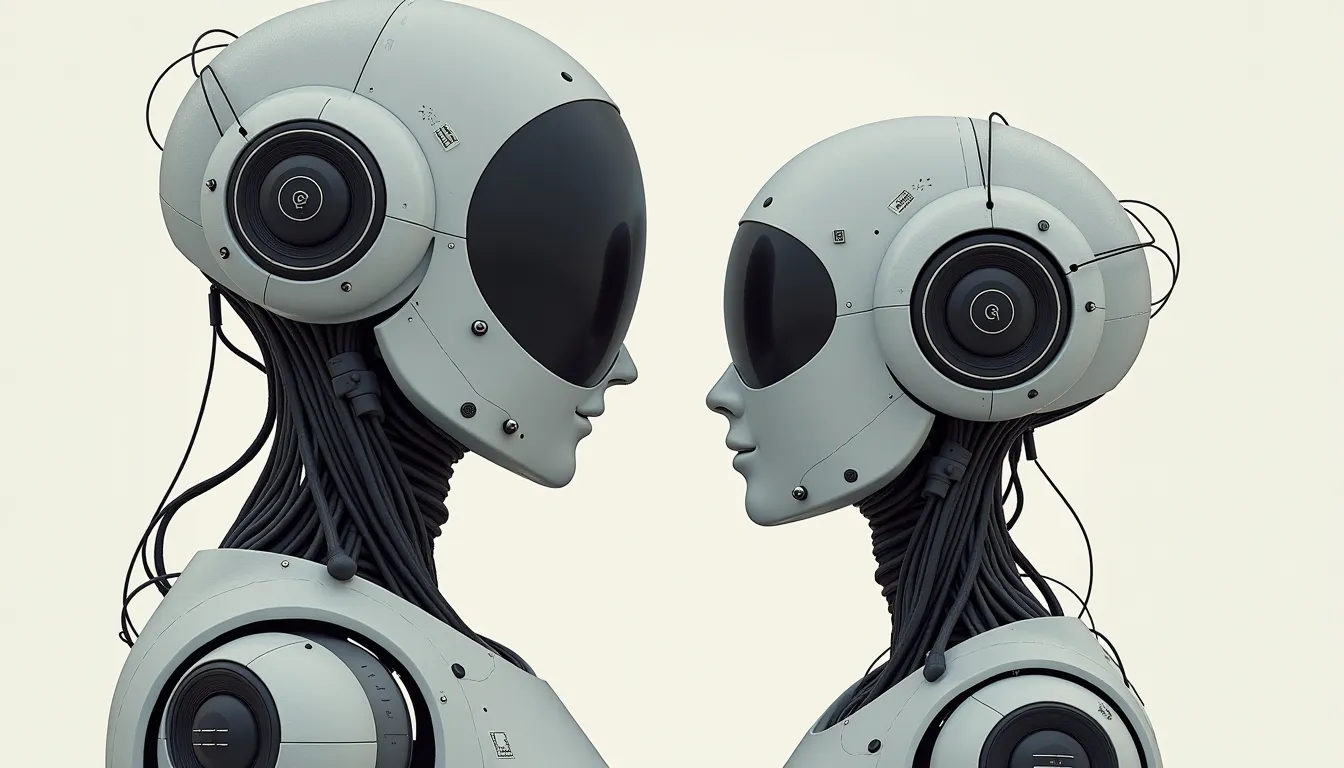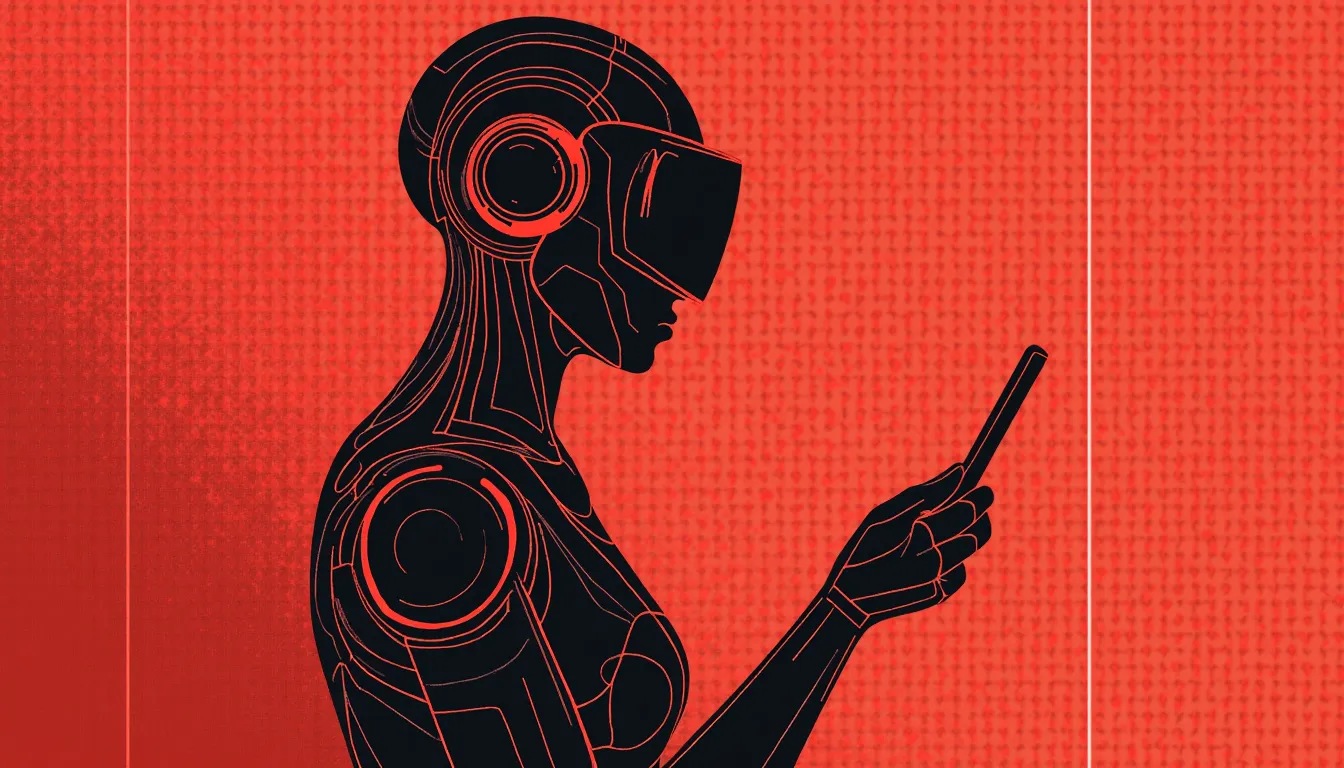Unlocking the Revolutionary Potential of AI Agents in Healthcare
Artificial Intelligence (AI) has made astounding strides in recent years, impacting a multitude of sectors including healthcare. One particularly promising development in this arena is the advent of AI agents. These intelligent entities are poised to transform the healthcare landscape by either operating autonomously or collaboratively with humans. This article delves into the remarkable potential of AI agents within healthcare, focusing on the latest advancements, practical applications, and the challenges that lie ahead.
AI Agents in Diagnostics and Decision Support

One of the most promising applications of AI agents in healthcare is in diagnostics and decision support. AI-powered algorithms can analyze medical images like X-rays, MRI scans, and CT scans to detect abnormalities and assist in diagnosing various conditions.
For instance, AI agents have demonstrated exceptional accuracy in detecting early stages of cancer, thus potentially improving patient outcomes and survival rates. Moreover, these agents can provide decision support to clinicians by analyzing patient data and medical literature to recommend personalized treatment plans. This functionality minimizes human error, enhances patient care, and allows healthcare professionals to focus on more complex tasks.
A survey revealed that over 20% of healthcare experts believe AI and machine learning are highly effective in improving clinical outcomes. As technology advances, we can anticipate groundbreaking changes in this field.
Drug Discovery and Development

AI agents also hold significant promise in the realm of drug discovery and development. Traditional methods for discovering new drugs are often time-consuming and costly, with high rates of failure. AI agents can revolutionize this process by analyzing vast datasets and utilizing machine learning algorithms to identify potential drug candidates, predict their efficacy, and optimize their chemical structures.
Furthermore, AI agents can be integral in clinical trials by optimizing patient recruitment and monitoring responses to experimental treatments. This can expedite the drug development pipeline, reduce costs, and increase the likelihood of successful outcomes.
Remote Monitoring and Telemedicine

AI agents are also invaluable in remote monitoring and telemedicine. Wearable devices and sensors can collect real-time patient data, which AI agents analyze to detect anomalies and alert healthcare providers. This allows healthcare professionals to monitor patients' health remotely and intervene promptly.
Telemedicine, bolstered by AI agents, offers virtual consultations and remote diagnostics, breaking down geographical barriers and reducing the need for physical visits to healthcare facilities. This is particularly beneficial for patients in remote areas, the elderly, and those with chronic conditions.
Healthcare Administration and Workflow Optimization

Administrative tasks such as appointment scheduling, billing, and claims processing can be streamlined with the help of AI agents. Automating these processes leads to enhanced efficiency and reduces the burden on healthcare providers and administrative staff.
Additionally, AI agents can analyze patient flow and resource allocation within healthcare facilities to optimize workflows and minimize patient wait times. This not only enhances patient satisfaction but also improves the overall quality of care.
Challenges and Future Prospects

Despite the numerous advantages, there are several challenges to the widespread adoption of AI agents in healthcare. Ensuring data privacy and security is critical, especially since AI agents rely on extensive datasets of sensitive patient information. Moreover, integrating AI agents into existing healthcare systems demands significant investment in infrastructure.
Ethical considerations also play a vital role. Issues such as algorithmic biases and the necessity for transparency in AI decision-making processes need to be meticulously addressed to realize the full potential of AI agents in healthcare.
Conclusion

AI agents have the potential to revolutionize the healthcare sector by improving diagnostics, personalizing treatments, and streamlining processes. As technology advances, the role of AI agents in healthcare will become increasingly significant, enabling better patient outcomes and more efficient healthcare systems. It is crucial to address the challenges and ethical considerations to ensure the successful integration and widespread adoption of AI agents in healthcare.
For more insights and the latest updates on AI in healthcare, explore our blog and subscribe to our newsletter.











